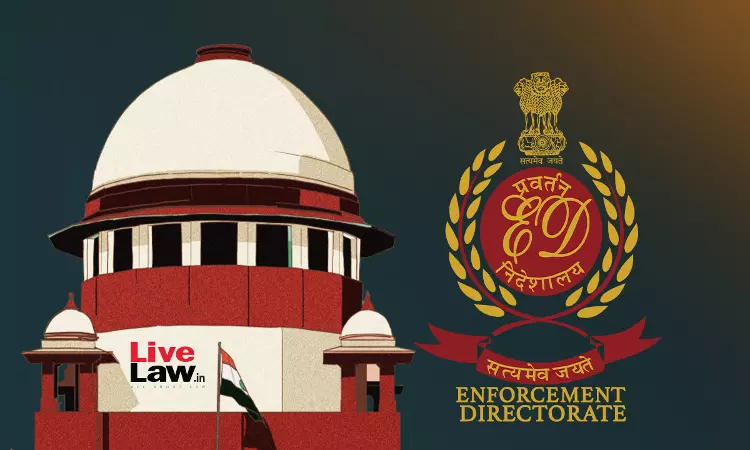The Supreme Court recently allowed an application filed by the Directorate of Enforcement(ED) to recall an earlier order which granted protection from coercive action to certain accused in a money laundering case till their petitions challenging the proceedings were finally disposed of by the High Court.The ED sought the recall of the order, which was passed on July 4, 2023, on the ground that...

